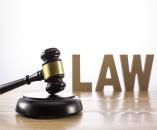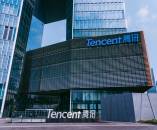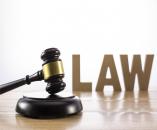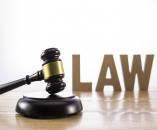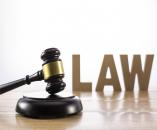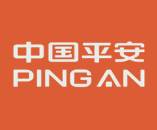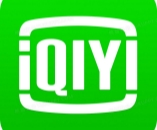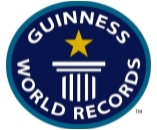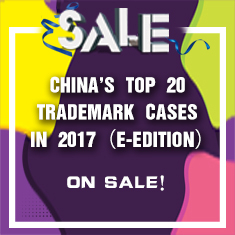-
New
- Shenzhen Tencent Computer System Co., Ltd. & Tencent Technology (Shenzhen) Co., Ltd. v. Shutui (Chongqing) Network Technology
-
This case is an exploration of "other" unfair competition acts under Article 12 of the Anti-Unfair Competition Law and provides guidelines for the adjudication of similar cases involving cybercrimes.
-
New
- Shenzhen Tencent Computer System Co., Ltd. v. Zhejiang Sodao Network Technology Co., Ltd. & Hangzhou Juketool Technology Co.,
-
This case is the first in China involving the determination of the rights and interests of WeChat data.
-
- Ningbo Cixing Co., Ltd. v. Ningbo Beworth Textile Machinery Co., Ltd.
- This case showcased the in-depth implementation of the central government's judicial policy requirements on the protection of property rights and the rights and interests of entrepreneurs.
-
New
- Union Brother (Shanghai) Machinery Co., Ltd. v. Shanghai Woodsea Machinery Co., Ltd.
-
This case involves the investigation and verification of complex technical facts and the application of the law.
-
New
- Guangzhou Blue Whale Short Video Technology Co., Ltd. v. Yuexiu District Administration for Market Regulation of Guangzhou
-
If an application for business name registration was for the implementation of unfair competition, it would not be applicable to the principle of administrative trust protection.
-
New
- DuPont China Holding Co., Ltd. and DuPont (China) Research & Development and Management Co., Ltd. v. Xie
-
The judgment of this case regulates the unfair competition act of using fabricated identity and employment history to obtain unfair competitive advantages.
-
New
- Shenzhen Weiyuanma Software Development Co., Ltd. v. Tencent Technology (Shenzhen) Co., Ltd.
-
WeChat is well-known software widely used by the public, and the acts accused in this case had a large impact on the daily life of the public.
-
New
- Shenzhen Ping'an International Hotel Co., Ltd. v. Ping An Insurance (Group) Company of China Ltd.
-
Generic vocabulary can have acquired distinctiveness through long-term promotion and use, so the "proper use" of a trademark of the "generic term" nature is limited to the use of the first meaning of the term, i.e. the literal and inherent meaning of the word(s); The use of the second meaning of a "generic term" is actually an infringement act of the good reputation of another's well-known trademarks.
-
- Moody's Quality Management Co., Ltd. v. Hangzhou Aiming Internet Co., Ltd.
- The profitability of investing in domain names and the loopholes in the industry management have brought various chaos in the domain name registration industry.
-
New
- Hangzhou Longfun Internet Technology Co., Ltd. v. Beijing iQIYI Science & Technology Co., Ltd.
-
Through the effective regulation of new types of unfair competition acts under the context of internet competition environment, this case encourages operators to operate in good faith, maintain the normal competition order in the internet market, promote the healthy, orderly and standardized development of the internet video industry, which provides important regulatory guidelines for the rapidly developing internet industry in China.
-
- Hunan Eefung Software Co., Ltd. v. Beijing Weimeng Internet Technology Co., Ltd.
- If it is impossible to prove that public platform data has been captured through normal channels, the act of capturing the public data also constitutes unfair competition.
-
New
- Rules of evidence for customer data misappropriation conducted by former employees
-
The correct trial of this case plays a vital role in unifying adjudication standards of former employees' using the original company's customer information to infringe on trade secrets, improving the rules of evidence application, hearing civil cases of infringement of trade secrets in a fair manner in accordance with the law, and creating a legalized business environment.
-
New
- Guangzhou Daming United Rubber Products Co., Ltd. v. Guinness World Records Limited
-
The unfair competition acts regulated by the principle provisions of Article 2 of the Anti-Unfair Competition Law shall, first of all, not among the unfair competition acts or infringement acts of typical intellectual property rights explicitly enumerated in the law; second, they should be competitive acts leading to harm to the competitive interests of other operators.
